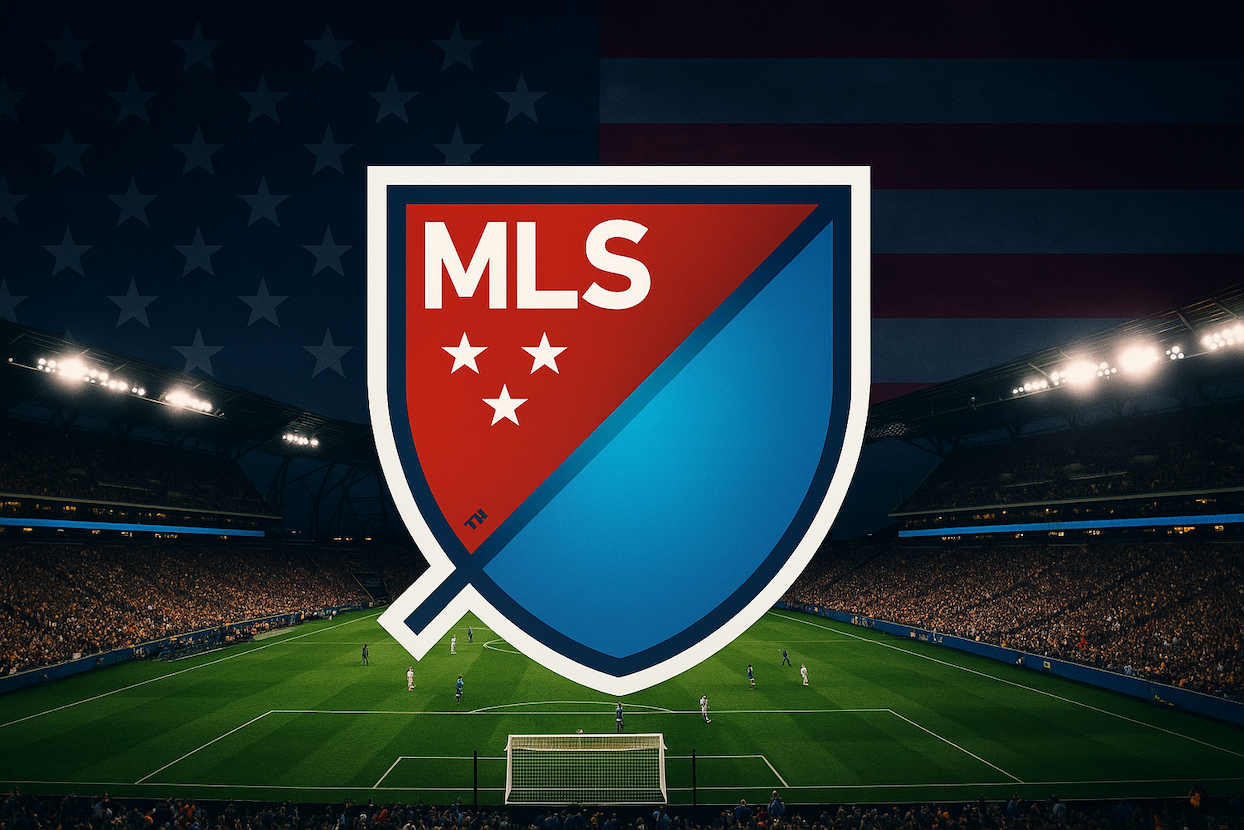Physical Address
304 North Cardinal St.
Dorchester Center, MA 02124
Physical Address
304 North Cardinal St.
Dorchester Center, MA 02124

MLS Designated Players have become a pivotal element in the Major League Soccer landscape, transforming teams and elevating the league’s profile both domestically and internationally. This rule, which allows teams to sign up to three players outside the standard salary cap, has been instrumental in attracting global talent and enhancing the competitiveness of clubs across North America.
The introduction of the Designated Player rule, often referred to as the “Beckham Rule” after David Beckham’s landmark move to LA Galaxy in 2007, marked a turning point for MLS. It allowed franchises to sign marquee players, who brought not only skill and flair but also significant media attention and increased fan engagement. The presence of such players has helped MLS gain recognition in the global football community.
In recent years, the trend has evolved from signing aging stars to targeting younger, dynamic talents who can make a long-term impact. Clubs are increasingly investing in players like Hany Mukhtar of Nashville SC and Diego Rossi, formerly of LAFC. This shift not only enhances on-field performance but also provides potential financial returns through future transfers to European or other leagues.
A standout example of the Designated Player strategy at work is Toronto FC’s acquisition of Lorenzo Insigne and Federico Bernardeschi. These players have brought a wealth of experience from Serie A, enhancing TFC’s attacking prowess. Similarly, Atlanta United’s signing of Thiago Almada showcases the league’s ability to attract emerging stars with potential, effectively positioning MLS as a viable step in a player’s career trajectory.
MLS clubs are leveraging the Designated Player rule to create a balance between global stars and homegrown talent. This approach ensures that while fan-favorite internationals steal the headlines, local players are developed and given opportunities to shine. The likes of FC Dallas and the Philadelphia Union have demonstrated this effectively by integrating young talents such as Paxton Pomykal and Brenden Aaronson alongside experienced signings.
The success of Designated Players is not only measured by goals and assists but also by their influence on the team’s culture and fanbase. Players such as Josef Martinez, who became an icon at Atlanta United, showcase how a Designated Player can embody the spirit of a club and cement its identity within the community. As these players connect with fans and contribute to memorable victories, they become integral to the league’s growth narrative.
Looking ahead, MLS continues to refine its approach to Designated Players, ensuring a balance between attracting top talent and maintaining financial sustainability. The evolution of this rule will likely see more innovative signings, with clubs seeking to blend star quality with shrewd financial management. This pragmatic approach allows MLS teams to compete on an international stage while fostering a vibrant, competitive domestic league.
In conclusion, MLS Designated Players have fundamentally transformed the league, providing a platform for global stars and emerging talents alike. As MLS continues to grow in stature, the role of Designated Players in elevating the league’s competitive standard, marketability, and global reputation remains central. This ongoing evolution not only enriches the MLS experience for fans but also positions the league as a formidable force in world football.